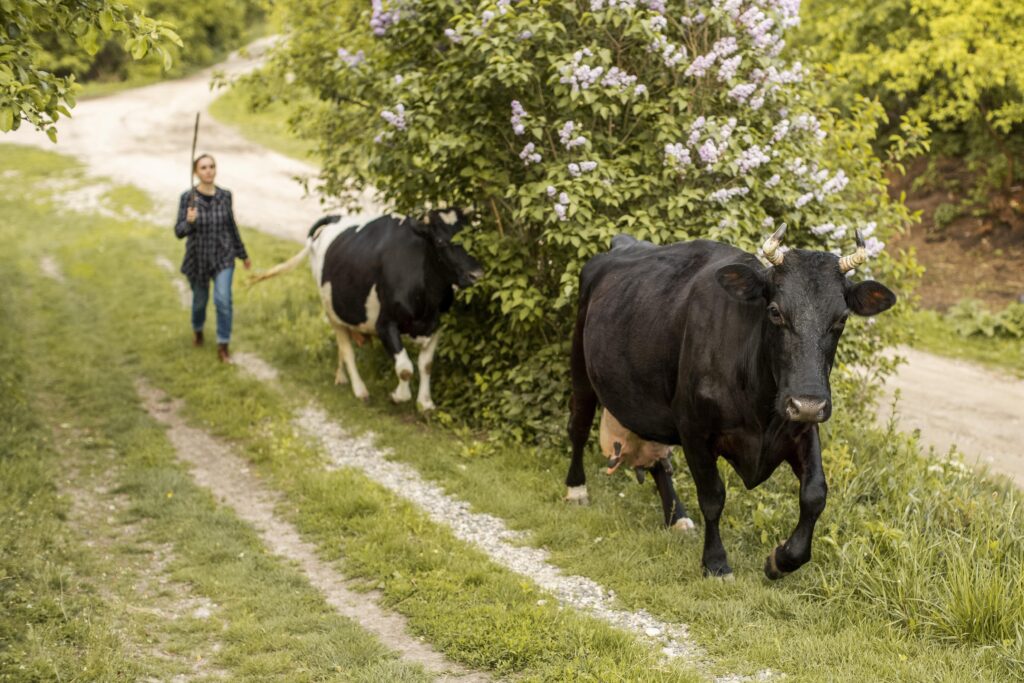The New Zealand government has announced a review of its national methane reduction targets and the decision to no longer apply a direct price to emissions from the agricultural sector. This measure has been welcomed by Beef + Lamb New Zealand (B+LNZ) and the Meat Industry Association (MIA), who believe it provides stability and recognizes the livestock sector’s efforts to reduce greenhouse gases.
The organizations emphasize that the new methane targets are more in line with scientific evidence, differentiating between short- and long-lived gases. According to Kate Acland, president of B+LNZ, the change reflects the “no additional warming” principle, which is a more realistic approach consistent with the role of methane in climate change.

Acland noted that New Zealand red meat is already among the most efficient and sustainable in the world thanks to its grazing systems, and that emissions reductions must be achieved through production efficiency, genetic improvement, and technological innovation, avoiding the loss of livestock due to forestry expansion encouraged by the current emissions trading system.
For his part, Nathan Guy, president of the MIA, described the new targets as “sensible and achievable,” emphasizing that they are based on science and balance emissions reduction with the need to maintain food production.
Both organizations also welcomed the government’s decision to rule out setting a price on agricultural emissions, a measure that had generated uncertainty among livestock farmers. Instead, New Zealand will align itself with international trends, promoting incentives and support to promote emissions reduction.
Furthermore, the New Zealand government will review its Nationally Determined Contribution (NDC) under the Paris Agreement, with the goal of reflecting a differentiated reporting system by gas type, similar to the model already adopted by countries like Uruguay.
The New Zealand meat sector insists that the future lies in practical policies that boost productivity, foster innovation, and strengthen sustainability, ensuring that meat production remains competitive and climate-friendly.
















